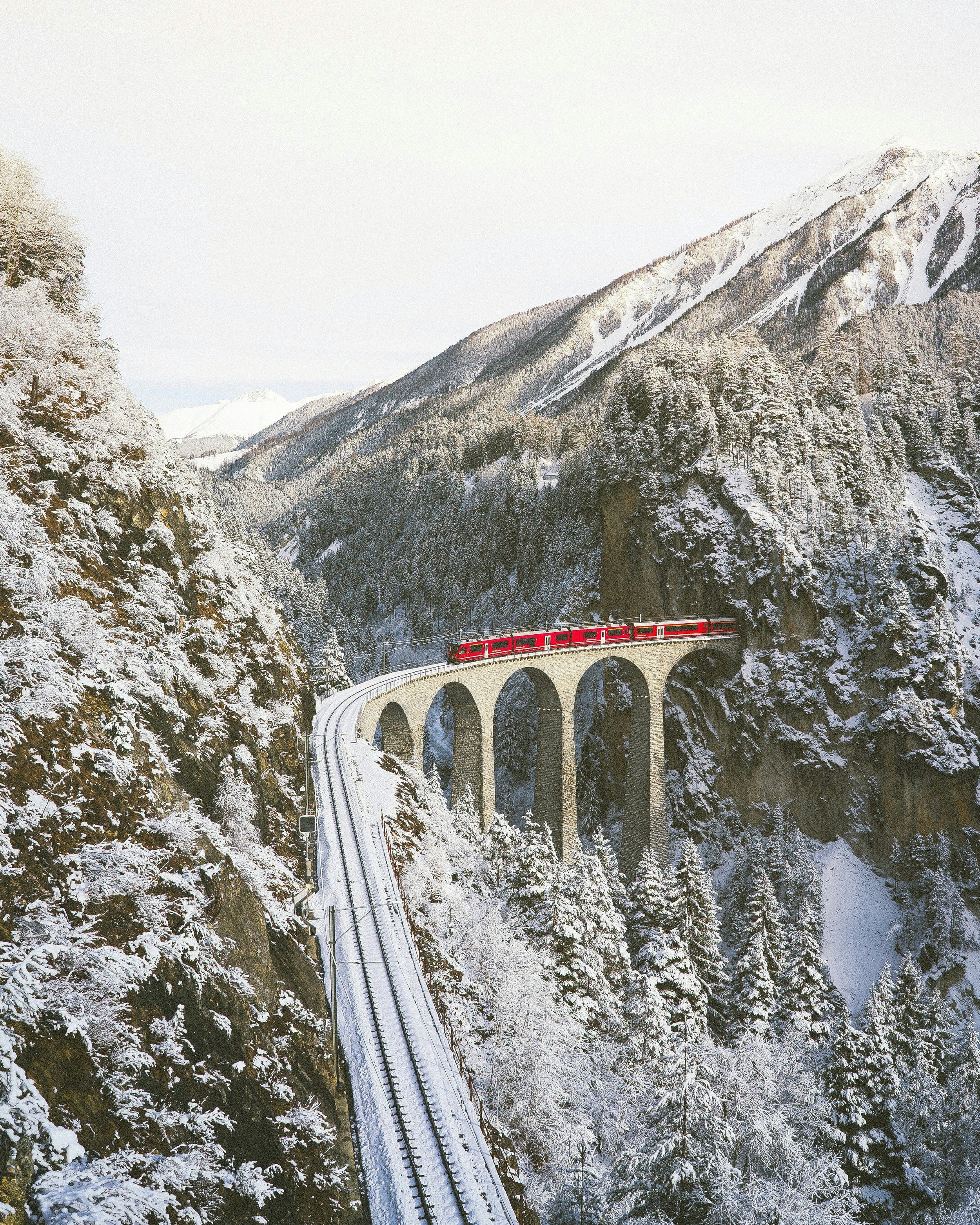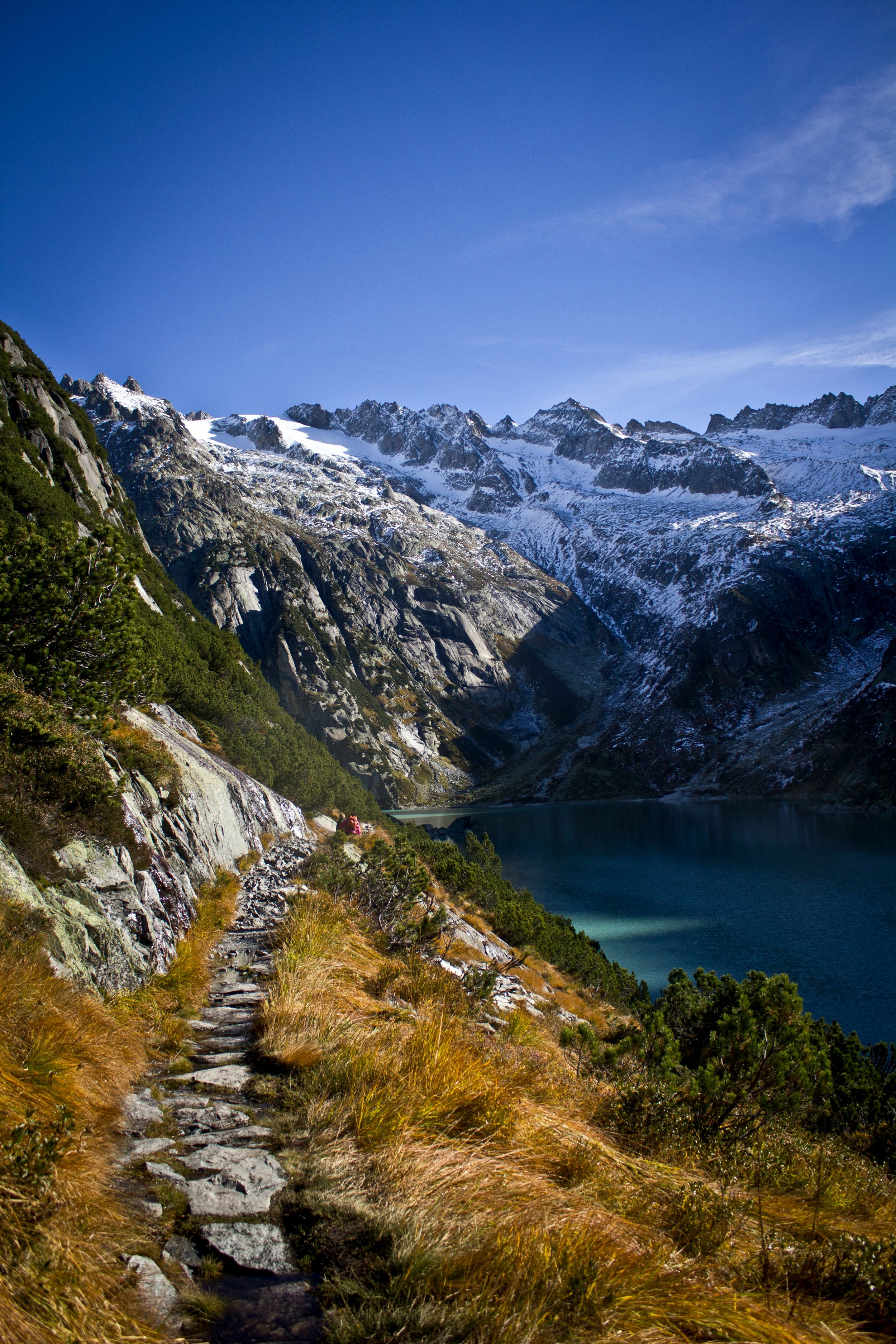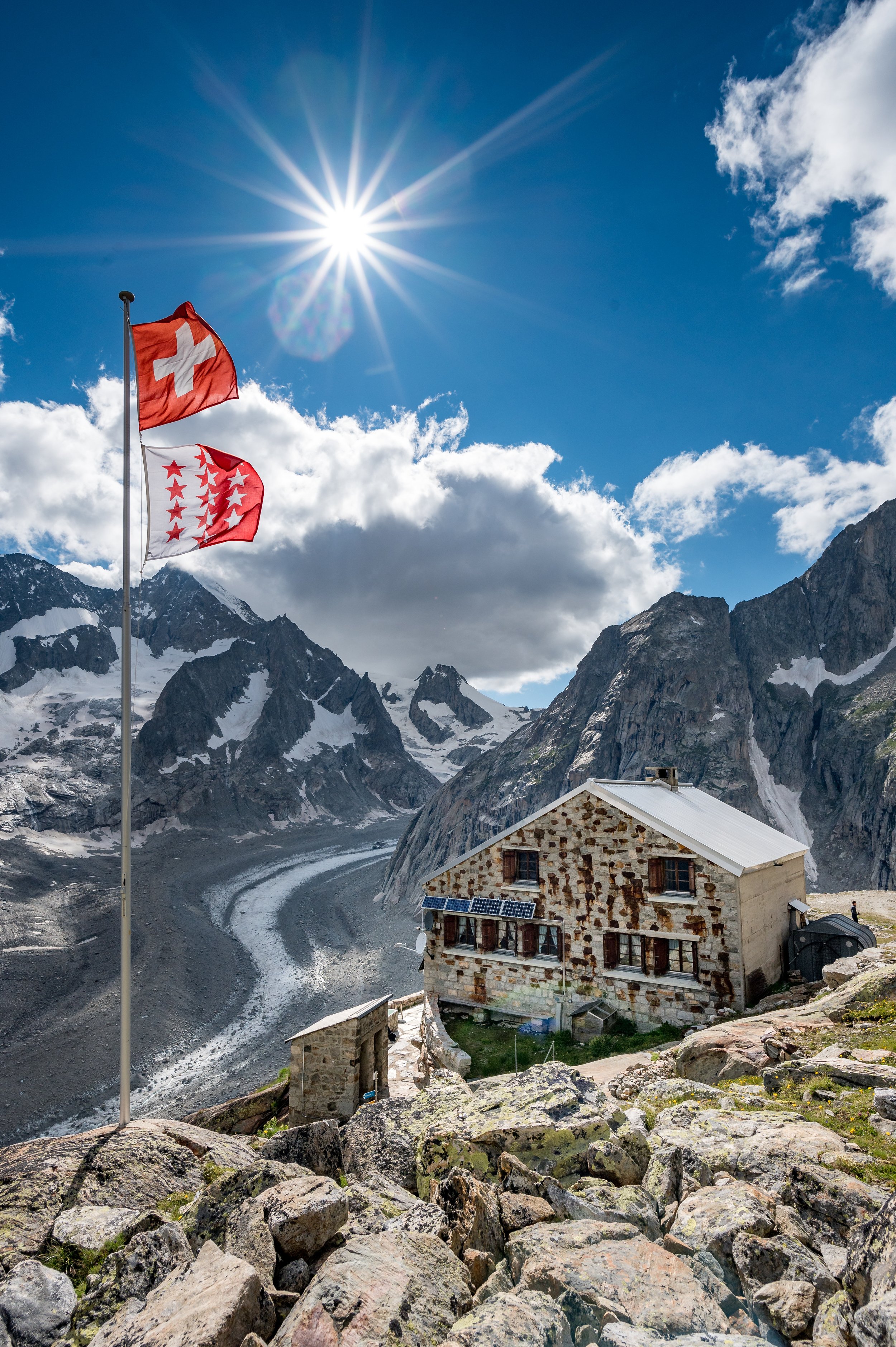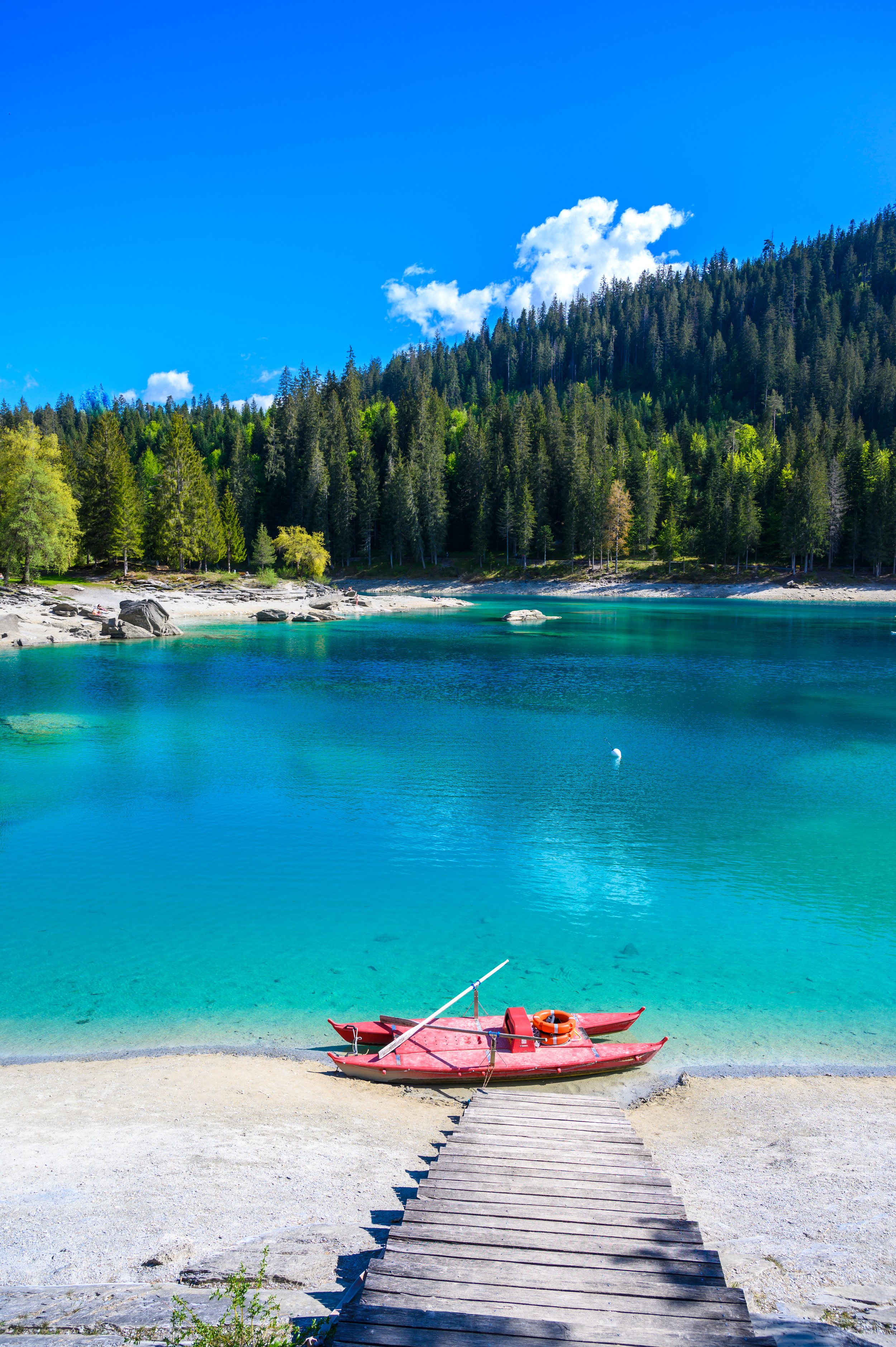Welcome to Switzerland
Switzerland, nestled in the heart of Europe, is renowned for its breathtaking alpine landscapes, high quality of life, and thriving economy. Known as a hub for international diplomacy, finance, and innovation, Switzerland is equally famous for its neutrality, cultural diversity, and precision in industries like watchmaking and engineering.
-
Switzerland has a population of about 8.8 million people. Although relatively small, the country has a high population density in urban areas like Zurich, Geneva, and Basel, while its mountainous regions remain sparsely populated.
-
Switzerland has an aging population, with a median age of around 43 years. While the country boasts a high life expectancy, the aging demographic poses challenges for social services and pensions, even as the younger workforce remains dynamic and productive.
-
Switzerland is a multicultural society, with the majority of the population being Swiss nationals of European descent. About 25% of residents are foreign nationals, reflecting significant immigration from countries such as Germany, Italy, France, and Portugal, as well as non-European nations.
-
Switzerland is one of the world’s wealthiest countries, with a high standard of living and low unemployment. Its economy is diverse, driven by finance, pharmaceuticals, technology, and tourism. However, the high cost of living and regional disparities, particularly between rural and urban areas, are notable concerns.
-
Switzerland is a multilingual nation with four official languages: German, French, Italian, and Romansh. The language spoken often depends on the region, fostering a unique cultural identity. English is also widely spoken, particularly in business and tourism sectors.
-
Switzerland boasts a literacy rate of nearly 100%, supported by a robust education system that includes free public schooling and vocational training. Swiss universities are highly regarded, making the country a hub for international students and academic excellence.
-
Switzerland has one of the best healthcare systems in the world, combining public and private providers. Citizens and residents are required to have health insurance, ensuring access to high-quality medical care. However, the system is expensive compared to global standards.
-
Around 75% of Switzerland's population lives in urban areas, with well-developed infrastructure that includes efficient public transportation, advanced technology, and sustainable energy initiatives. Rural and alpine regions are well-connected, enhancing accessibility across the country.
-
Tourism is a vital industry for Switzerland, driven by its iconic Alps, historic cities, and cultural events. The sector contributes significantly to the economy, but it also raises concerns about environmental sustainability, particularly in ecologically sensitive mountain regions. Efforts are underway to promote sustainable tourism practices.














